In a world like this, you can never be too careful when it comes to your home and your loved ones. Luckily, there are a wide array of options to choose from when thinking about home security. From cameras, automated alarms, locks of all shapes and sizes, and even bright lights that ward off trespassers.
Among those options, you will find the ever reliable wireless driveway alarm. You may find yourself asking just how effective a piece of wireless equipment will be for you, however. In this guide, you will find five important factors to keep in mind when choosing a wireless driveway alarm system.
1. Distance
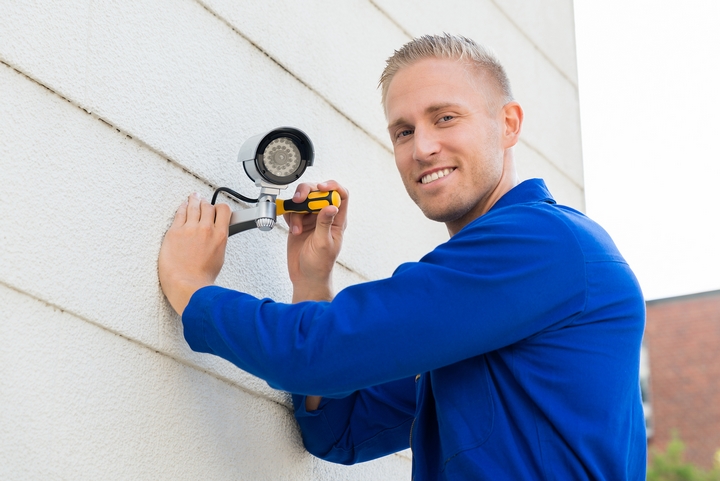
As with any wireless device, the distance between the device and its point of connection will play a role in how effective it is. A driveway alarm is no different. Typically, a wireless driveway alarm will transmit a signal for about 305 meters in an open area, or about 91 meters through a thick wall. If your driveway isn’t very far from your home, then you should be pretty good with an alarm such as this.
2. Detection
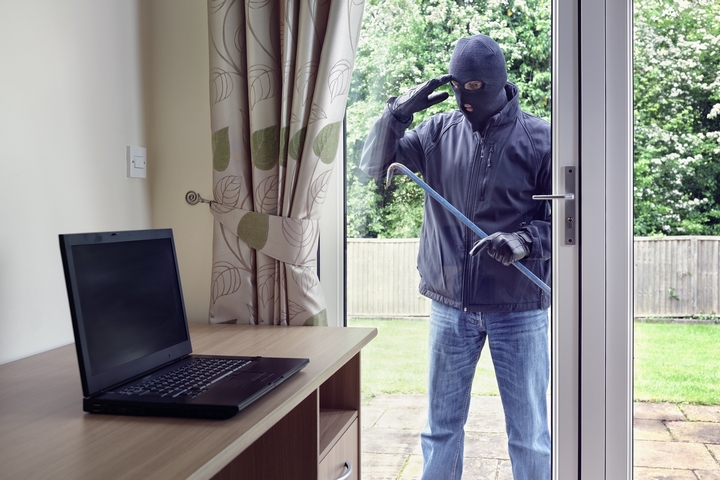
Before buying a wireless driveway alarm, you should ask yourself what it is that you anticipate detecting. There are some alarms that will only detect cars, while others ignore any smaller animals, and of course there are some that simply detect everything in between. If you live in a more rural area, then you may not want an alarm that goes off over every little thing, while those in the more suburban areas may find a feature like that more useful. It all depends on what you feel that your personal needs are.
3. Integration
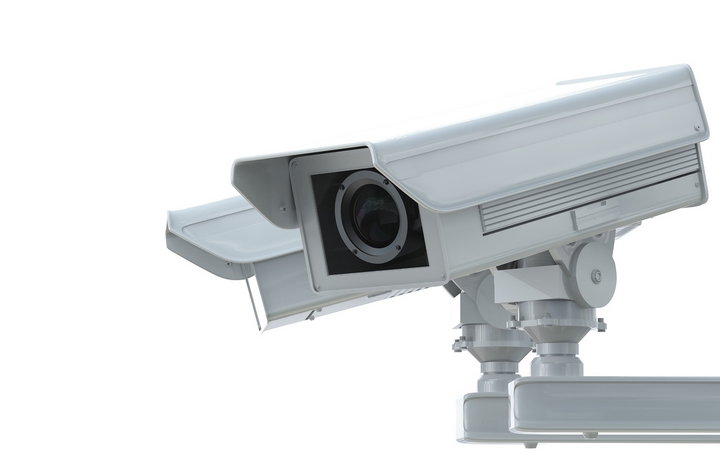
With such an option oriented device, it is only natural that a wireless driveway alarm will provide you with the decision of whether or not to integrate the alarm into your home security system. Having it integrated into your home security will often grant the feature of flashing lights and possibly even make any outdoor cameras begin recording as soon as the alarm is triggered. Of course, there are those out there who do not wish to make such a commotion over every little trip of the alarm. Once again, it really depends upon your specific needs and desires.
4. Interference
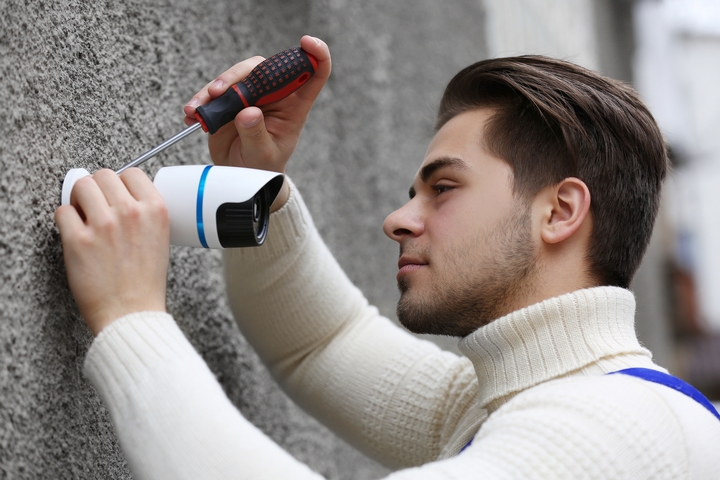
The Achilles heel of most wireless devices, any owner must factor interference into their consideration. No one wants to learn that their home was invaded due to something as silly as signal interference. Any obstructions such as trees, walls, or hills may severely impact the total range of the wireless device, giving you a bit less coverage. Before purchasing a wireless driveway alarm, you should check to see if interference will be a huge issue, and if you can perhaps create a compromise in order to fix the issue.
5. Quantity
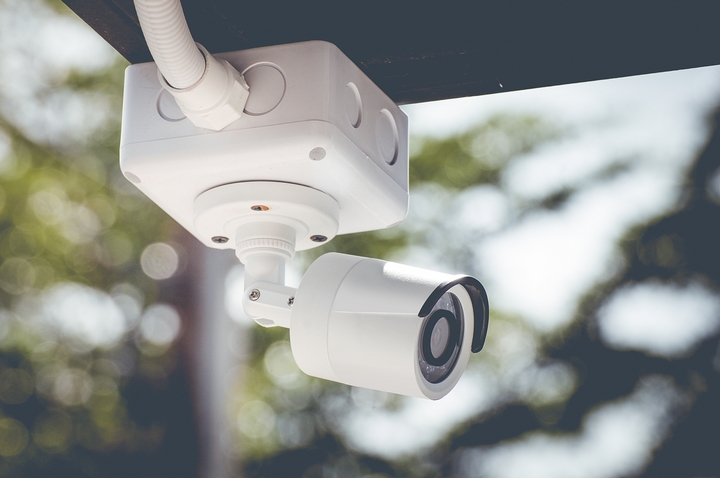
While on the subject of signal and interference, it should be noted that those issues can be remedied with the use of a few extra sensors or receivers. While this may not prove too useful to those of you with shorter, more manageable driveways, it could be a big relief for those with long, unattended driveways. More receivers and sensors can boost your area of coverage and possibly pick up an intrusion that would be lost on a solitary sensor and receiver setup. Before deciding about what you want out of a good driveway alarm, it would be a good idea to go check on where you can place the aforementioned items and see how many you think will be required.
